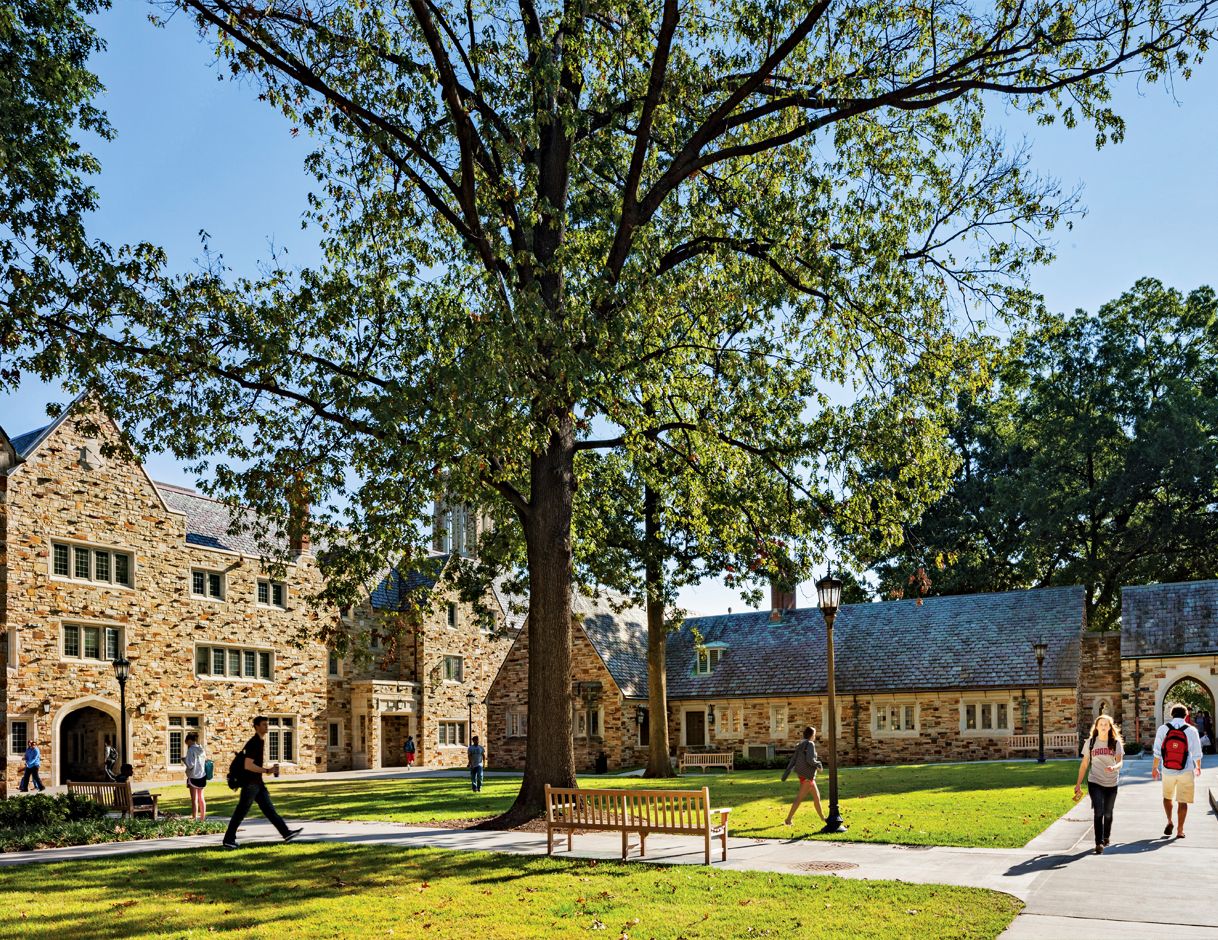
On Friday, Rhodes College announced Palmer Hall would be renamed Southwestern Hall because its namesake was an ardent supporter of slavery who used the Bible to justify those views.
Board of Trustees Chairman Cary Fowler and President Marjorie Hass said the board of trustees formally adopted the position that renaming buildings on the Memphis, Tennessee, campus should be a rarity. However, they added that Southwestern Hall "honors and restores a name with a rich tradition and history."
The issue of the building's name was a key proposal of the Commission on Campus Culture's 2014-2015 report. In 2018, the college established the Palmer Hall Discernment Committee. In March, the committee unanimously recommended the Palmer Hall name be retired.
"This recommendation is based on the committee's detailed investigation of the principal legacy of Benjamin Palmer, which was found to be fundamentally at odds with our college vision," the committee said. "At the same time, the committee recommends that appropriate measures are taken by the administration to insure that the college's history is not forgotten."
Members of the Palmer Hall Discernment Committee gathered hundreds of primary and secondary documents and engaged with the Rhodes community. Through the committee's research, it identified five significant points, outlined as:
- [Reverend Benjamin] Palmer is most famous for being an outspoken advocate of slavery, which he viewed as biblically mandated.
- During and after the Civil War, Palmer dedicated himself to establishing a biblical and theological foundation for slavery and segregation.
- To the end of his life, and long after most Southerners had abandoned it, Palmer clung to these ideas about slavery and segregation.
- Palmer's primary legacy after the Civil War was as a leading representative of the South's Lost Cause movement; he was a featured speaker at many celebrations of the Confederacy.
- Palmer was an influential and career-long advocate of racism and segregation, and that legacy continues to this day.
During a sermon in 1860, Palmer said the South was called to "resent and resist" the "impertinence of human legislation" that sets bounds to what only God can regulate. Their "duty" as bestowed to them by a trust from God, as Palmer put it, was to conserve and transmit the "system of slavery, with the freest scope for its natural development and extension."
"Last of all, in this great struggle, we defend the cause of God and Religion," Palmer said. "The abolition spirit is undeniably atheistic."
Although the building was renamed, a plaque with information about Palmer's legacy and ties to the university would be commissioned and placed inside. In keeping with the committee's recommendation that administration officials take steps to ensure the remembrance of the college's history, Fowler and Hass said officials would establish an annual event focused on Rhodes' past.
"We encourage critical, nuanced, contextualized thinking when we look at history and when we make judgments about human being," Fowler and Hass said. "We take pride in the process that led to a dispassionate, informed, and principle-driven decision, because it is through that process that you can see the college's true values in practice."
The building was dedicated in 1925 as a memorial to Palmer, according to the Rhodes College website, and is the oldest building on campus. The First Presbyterian Church New Orleans helped name the building and the initial process of renaming it began with representatives from the board of trustees, administration and student government visiting with the church's leaders. The church's leadership team, according to the discernment committee, strongly supported the college's discernment process.
Uncommon Knowledge
Newsweek is committed to challenging conventional wisdom and finding connections in the search for common ground.
Newsweek is committed to challenging conventional wisdom and finding connections in the search for common ground.
About the writer
Jenni Fink is a senior editor at Newsweek, based in New York. She leads the National News team, reporting on ... Read more
To read how Newsweek uses AI as a newsroom tool, Click here.








